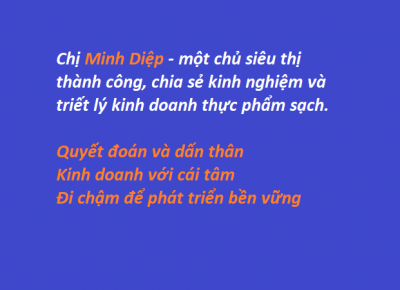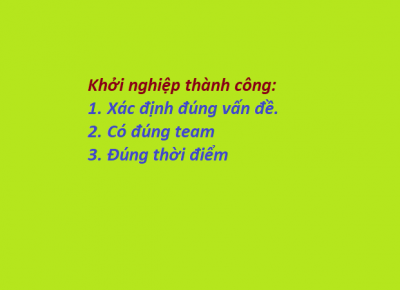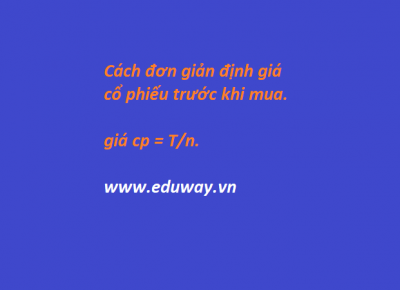Viết câu cơ bản trong tiếng anh: câu đơn, câu ghép và câu phức
Sentences: Simple, Compound, and Complex
A common weakness in writing is the lack of varied sentences. Becoming aware of three general types of sentences--simple, compound, and complex--can help you vary the sentences in your writing.
The most effective writing uses a variety of the sentence types explained below.
1. Simple Sentences
A simple sentence has the most basic elements that make it a sentence: a subject, a verb, and a completed thought.
Examples of simple sentences include the following:
Joe waited for the train.
"Joe" = subject, "waited" = verb
The train was late.
"The train" = subject, "was" = verb
Mary and Samantha took the bus.
"Mary and Samantha" = compound subject, "took" = verb
I looked for Mary and Samantha at the bus station.
"I" = subject, "looked" = verb
Mary and Samantha arrived at the bus station early but waited until noon for the bus.
"Mary and Samantha" = compound subject, "arrived" and "waited" = compound verb
Tip: If you use many simple sentences in an essay, you should consider revising some of the sentences into compound or complex sentences (explained below).
The use of compound subjects, compound verbs, prepositional phrases (such as "at the bus station"), and other elements help lengthen simple sentences, but simple sentences often are short. The use of too many simple sentences can make writing "choppy" and can prevent the writing from flowing smoothly.
A simple sentence can also be referred to as an independent clause. It is referred to as "independent" because, while it might be part of a compound or complex sentence, it can also stand by itself as a complete sentence.
2. Compound Sentences
A compound sentence refers to a sentence made up of two independent clauses (or complete sentences) connected to one another with a coordinating conjunction. Coordinating conjunctions are easy to remember if you think of the words "FAN BOYS":
For
And
Nor
But
Or
Yet
So
Examples of compound sentences include the following:
Joe waited for the train, but the train was late.
I looked for Mary and Samantha at the bus station, but they arrived at the station before noon and left on the bus before I arrived.
Mary and Samantha arrived at the bus station before noon, and they left on the bus before I arrived.
Mary and Samantha left on the bus before I arrived, so I did not see them at the bus station.
Tip: If you rely heavily on compound sentences in an essay, you should consider revising some of them into complex sentences (explained below).
Coordinating conjunctions are useful for connecting sentences, but compound sentences often are overused. While coordinating conjunctions can indicate some type of relationship between the two independent clauses in the sentence, they sometimes do not indicate much of a relationship. The word "and," for example, only adds one independent clause to another, without indicating how the two parts of a sentence are logically related. Too many compound sentences that use "and" can weaken writing.
Clearer and more specific relationships can be established through the use of complex sentences.
3. Complex Sentences
A complex sentence is made up of an independent clause and one or more dependent clauses connected to it. A dependent clause is similar to an independent clause, or complete sentence, but it lacks one of the elements that would make it a complete sentence.
Examples of dependent clauses include the following:
because Mary and Samantha arrived at the bus station before noon
while he waited at the train station
after they left on the bus
Dependent clauses such as those above cannot stand alone as a sentence, but they can be added to an independent clause to form a complex sentence.
Dependent clauses begin with subordinating conjunctions. Below are some of the most common subordinating conjunctions:
after
although
as
because
before
even though
if
since
though
unless
until
when
whenever
whereas
wherever
while
A complex sentence joins an independent clause with one or more dependent clauses.
The dependent clauses can go first in the sentence, followed by the independent clause, as in the following:
Tip: When the dependent clause comes first, a comma should be used to separate the two clauses.
Because Mary and Samantha arrived at the bus station before noon, I did not see them at the station.
While he waited at the train station, Joe realized that the train was late.
After they left on the bus, Mary and Samantha realized that Joe was waiting at the train station.
Conversely, the independent clauses can go first in the sentence, followed by the dependent clause, as in the following:
Tip: When the independent clause comes first, a comma should not be used to separate the two clauses.
I did not see them at the station because Mary and Samantha arrived at the bus station before noon.
Joe realized that the train was late while he waited at the train station.
Mary and Samantha realized that Joe was waiting at the train station after they left on the bus.
Complex sentences are often more effective than compound sentences because a complex sentence indicates clearer and more specific relationships between the main parts of the sentence. The word "before," for instance, tells readers that one thing occurs before another. A word such as "although" conveys a more complex relationship than a word such as "and" conveys.
The term periodic sentence is used to refer to a complex sentence beginning with a dependent clause and ending with an independent clause, as in "While he waited at the train station, Joe realized that the train was late."
Periodic sentences can be especially effective because the completed thought occurs at the end of it, so the first part of the sentence can build up to the meaning that comes at the end.









